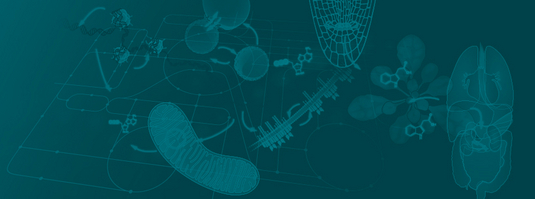Prof. Dr. Marco Prinz (CIBSS-PI), Institute of Neuropathology, University Medical Center (Faculty of Medicine)
Microglia are critically involved in inflammatory diseases of the CNS. We observed substantial contributions of host microbiota to microglia homeostasis, as germ-free (GF) mice displayed global defects in microglia maturation and functions. Notably, postnatal recolonization with complex microbiota restored microglia functions, which we connected to short-chain fatty acids as signal carriers across space, from the gut to the brain. However, the critical time points for the effects of microbiota products on microglia functions are unknown. Likewise, the impact of a maternal microbiota on microglia of the pups and the identity of the signals involved is unclear. We hypothesize that maternal colonization during pregnancy essentially influences functional states of microglia in the offspring. The critical time points, the precise metabolites and the signaling pathways for the effects of microbiota-derived products on microglia functions are unknown. Therefore, the impact of maternal microbiota on microglia of the pups is unclear and will be functionally and mechanistically investigated in this project.






